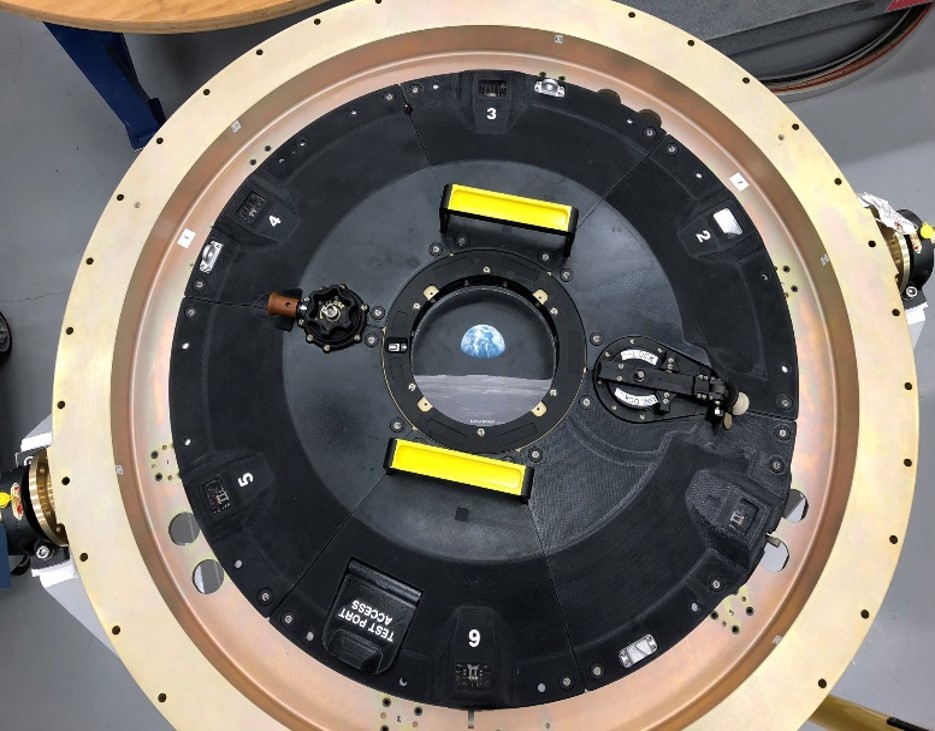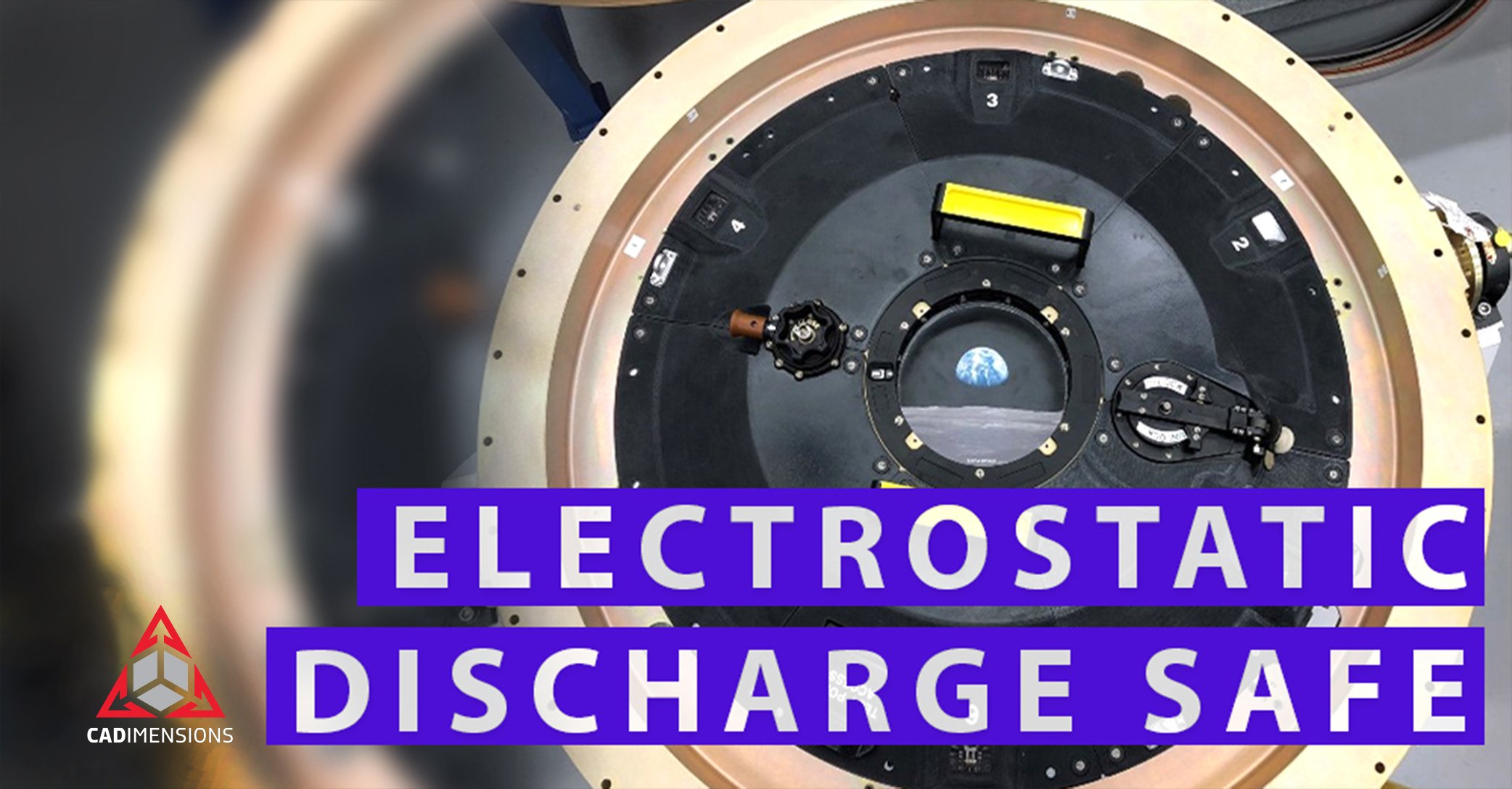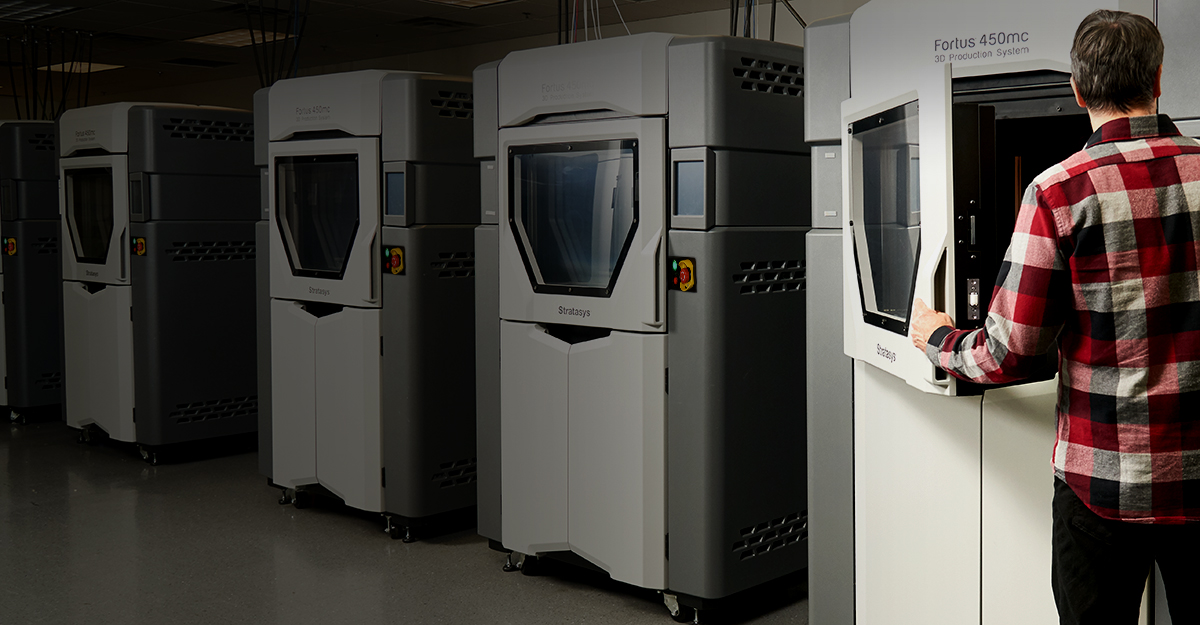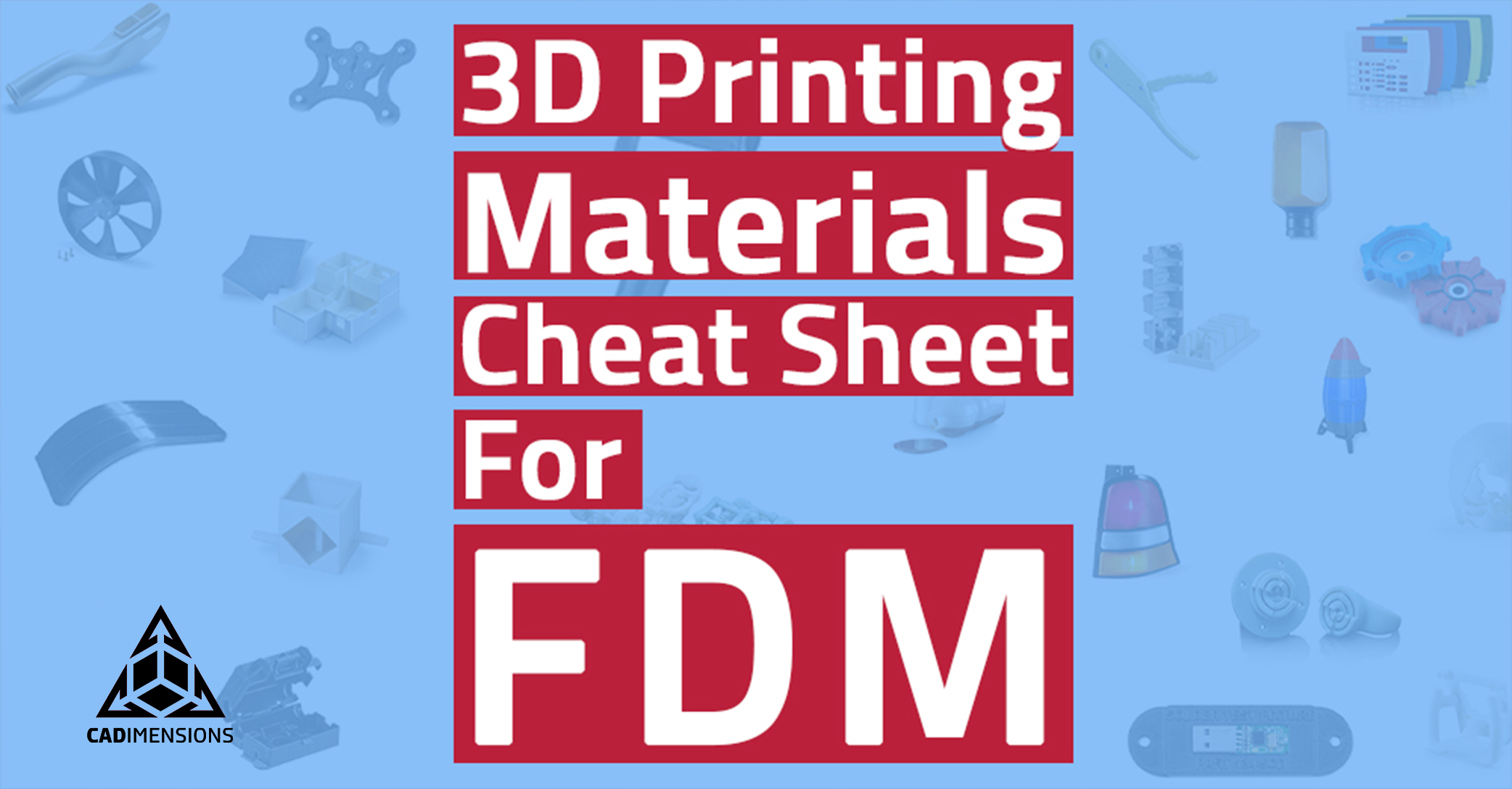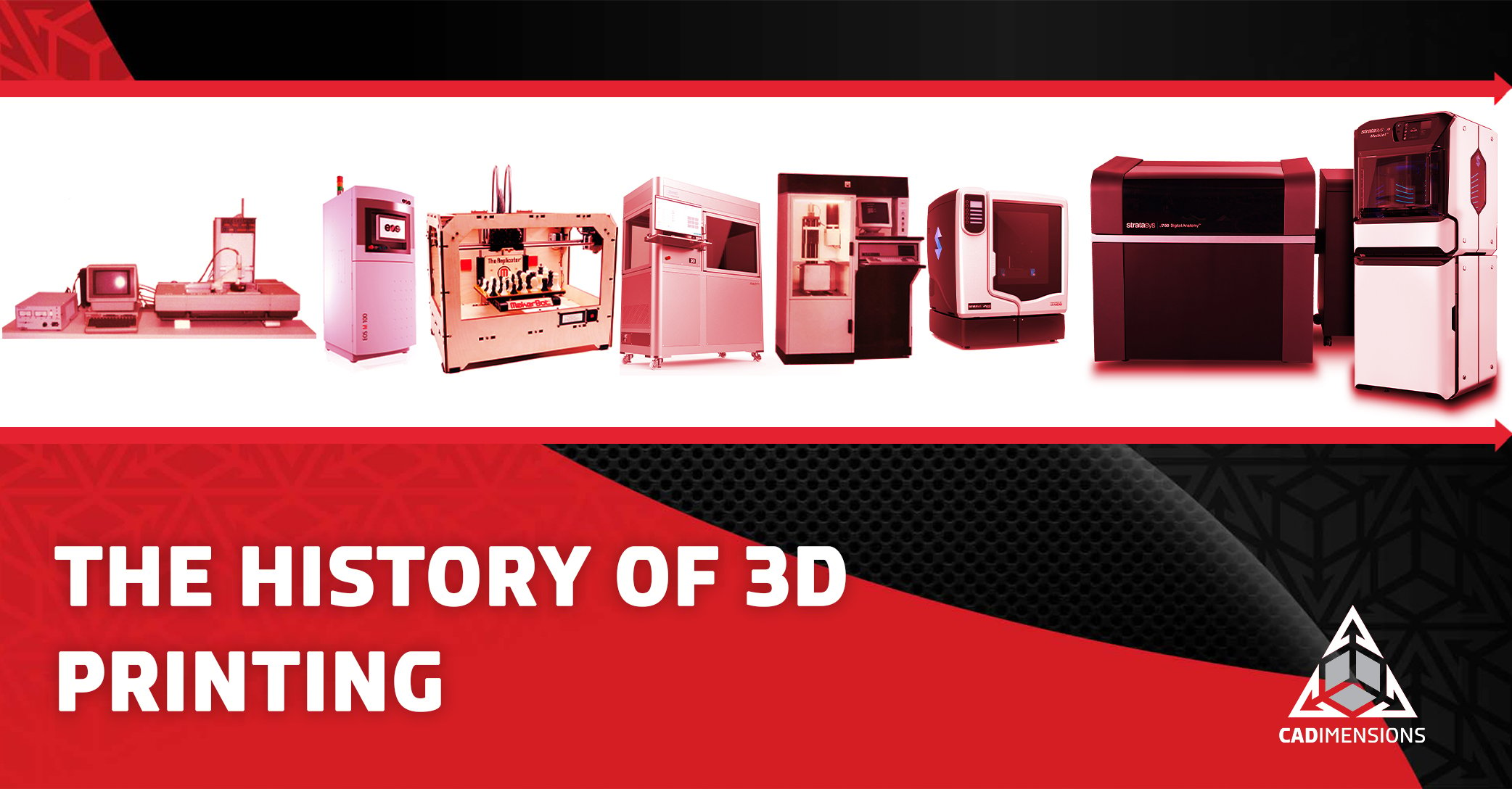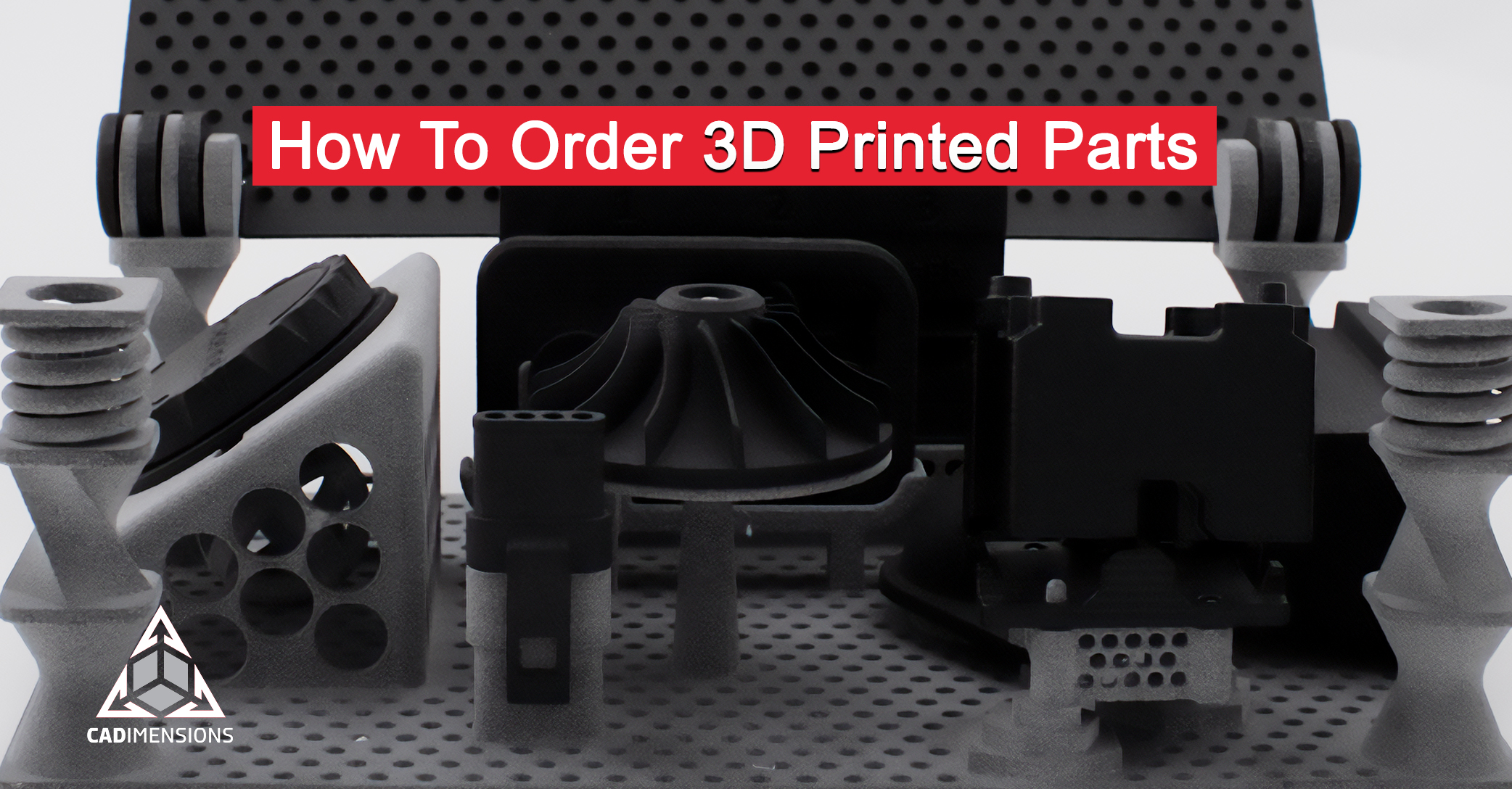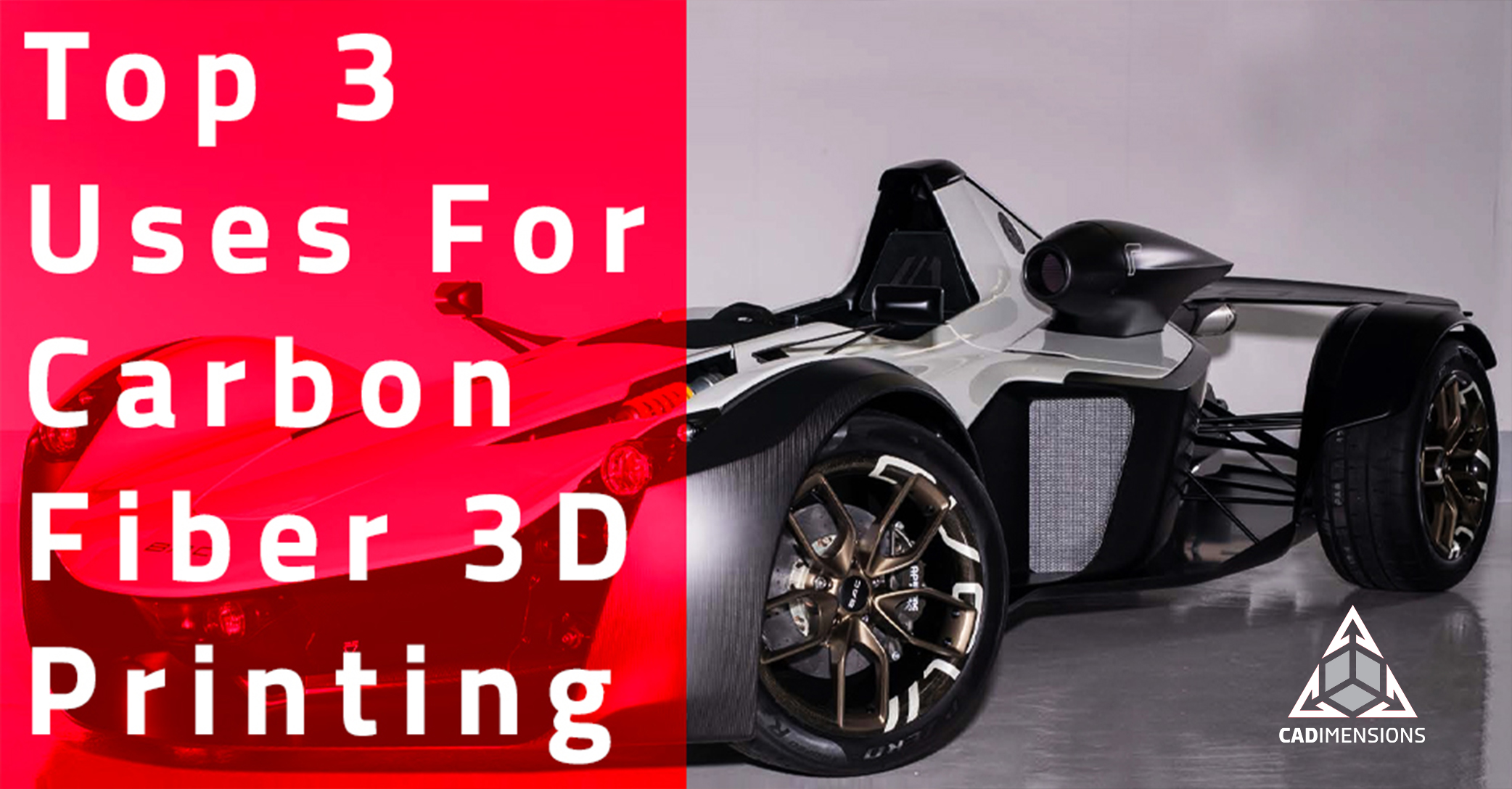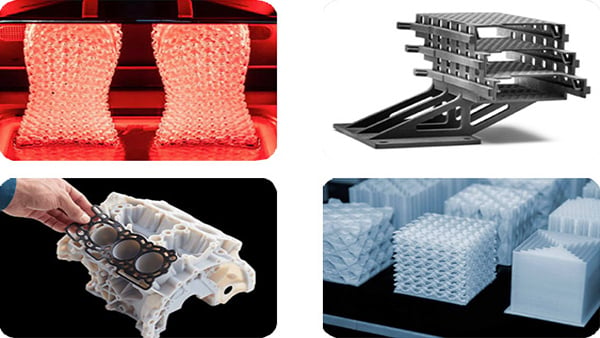Can You 3D Print In ESD Safe Materials?
What is ESD Protection?
Electrostatic discharge (ESD) materials are plastics that reduce static electricity in order to protect electrostatic-sensitive devices or to contain flammable liquids or gasses. These materials are commonly found in electronic devices and throughout electronics manufacturing facilities to protect components. There are different levels of surface resistance requirements that are summarized in the chart below.
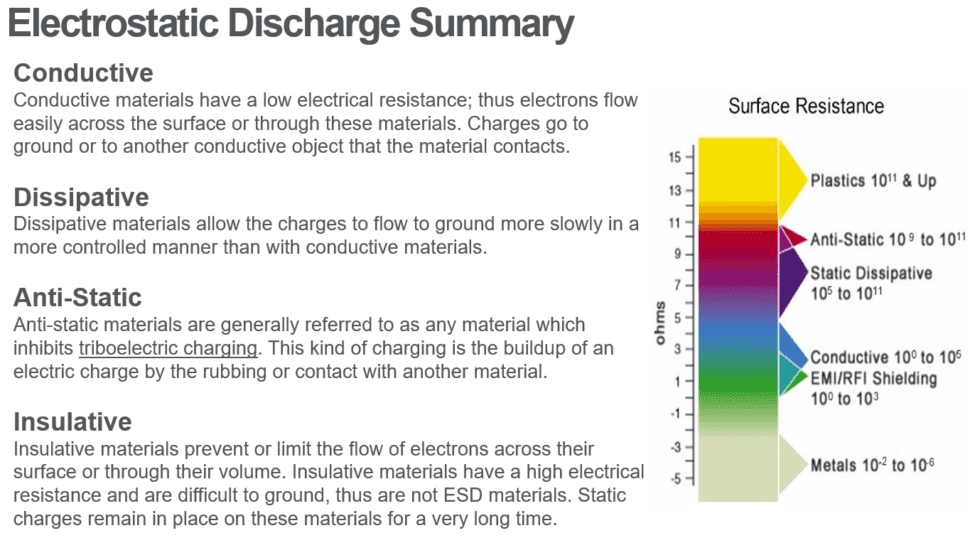
How Are Electrostatic Discharge Materials Made?
We offer two different blends of ESD safe materials. A low cost option ABS-ESD7, and a high performance option Antero 840CN03, a PEKK based thermoplastic. In summary, both materials are created by compounding carbon nanotubes with the base ABS and PEKK resins. This makes the material static dissipative and prevents a buildup of static electricity. It will not produce a static shock or cause other materials like powders, dust and fine particles to stick to it.
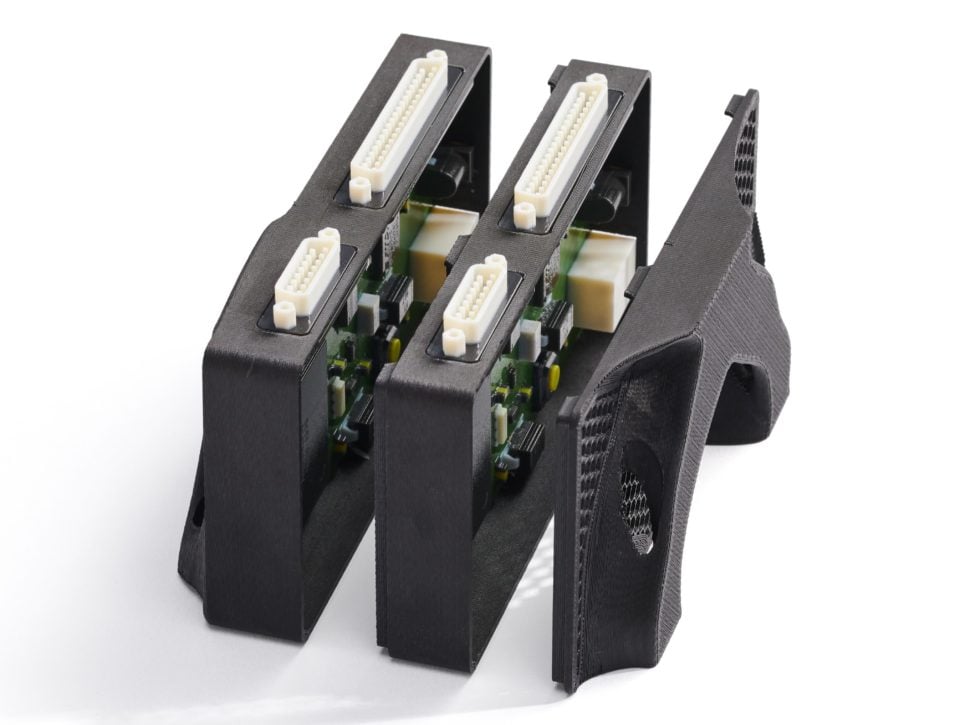
Where is ESD Safe 3D Printing Used?
The first and most common use case is jigs / fixturing for electronics manufacturing. Just like traditional 3D printing, customized jigs / fixtures are a quick and easy way to reduce costs and get parts to the production floor faster. The second most common application is electronics housings. These are normally protective components that keep dust, debris, and water from getting onto the boards. Lastly, the space industry has been a heavy adopter of the PEKK based ESD material in order to meet their chemical, heat, and electrostatic discharge requirements for space flight.
